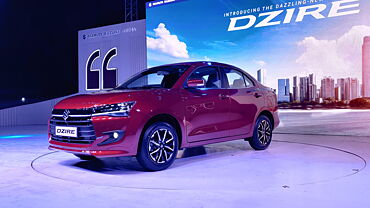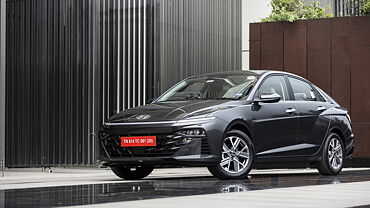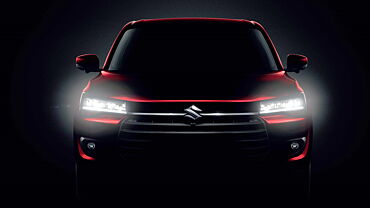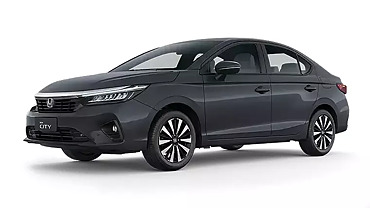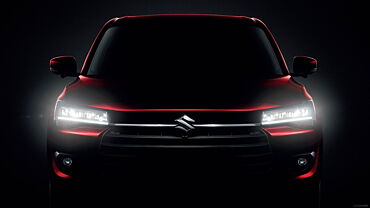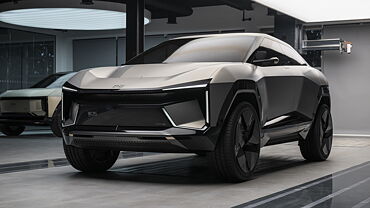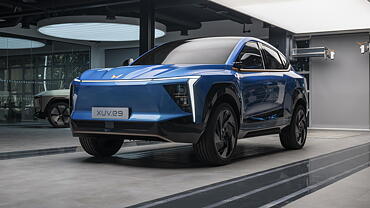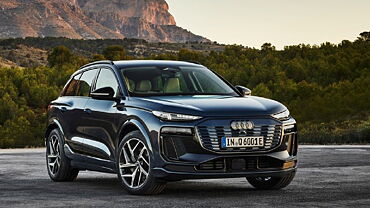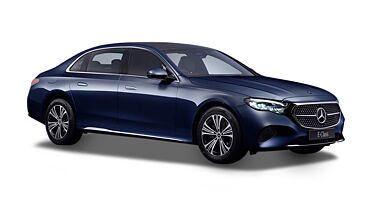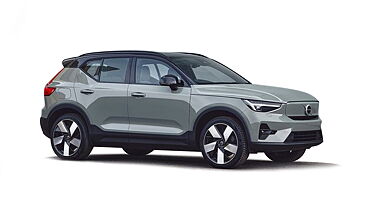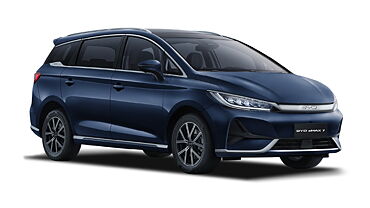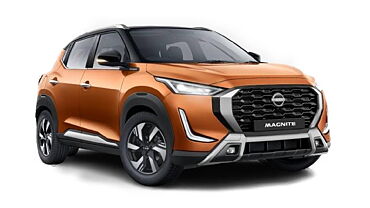For a country where an accident occurs every third second and a fatality every twenty, poor driving standards forms a significant factor for concern. From less than stellar motor skills, to poor motoring hygiene; awareness about the road & overestimation of ones abilities behind the wheel, the list of causes runs long. Which is why, driverless cars hold such promise in bringing down the casualties & the accident rate in general.
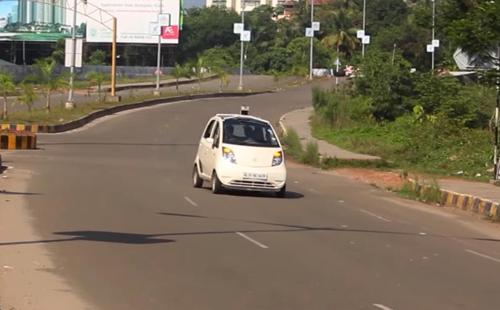
But while their benefits in improving the condition on the streets can be clearly visualized, can self-driving cars be really better than human-operated ones in their impact on the environment? Let’s take a closer look at some of the arguments that surround this premise.
While no two cars are said to be the same, they can still be managed to become nearly identical, if not exactly so. However, getting two human drivers to pilot a car in an identical way is nigh impossible. There’ll always be the individual streak, no matter how minute, that’ll manifest itself into their driving style. With driverless cars, this is no longer a concern. And we all know that when driven in a constant, conducive manner, cars can be tuned to reduce their fuel consumption significantly.
Moreover, fuel consumption is linked directly to tail-pipe emissions. The latter in turn are considered by and large to be among the top-three contributors to environmental damage. By switching to self-driving cars, one can easily tailor the driving style of the cars in a manner that’s better suited to lowered tail-pipe emissions.
Driving, especially on the daily commute within core cities and towns is a chore that’s fraught with increased stress levels. Further, it also prevents the driver from focussing on other, important tasks. The move to driverless cars will free up drivers, thereby letting them optimize their productivity, and also drive down stress levels.
Lastly, self-driving cars are being touted as the key distributors to the ownership driven model that plagues the modern motoring landscape. This would enable town & transportation planners to put the focus back on improving public transportation systems, which is exactly what the world needs.
Of-course, if the above scenarios, do come true, then it’ll mean that it is time for me to look for alternative sources of employment. Happy motoring!
